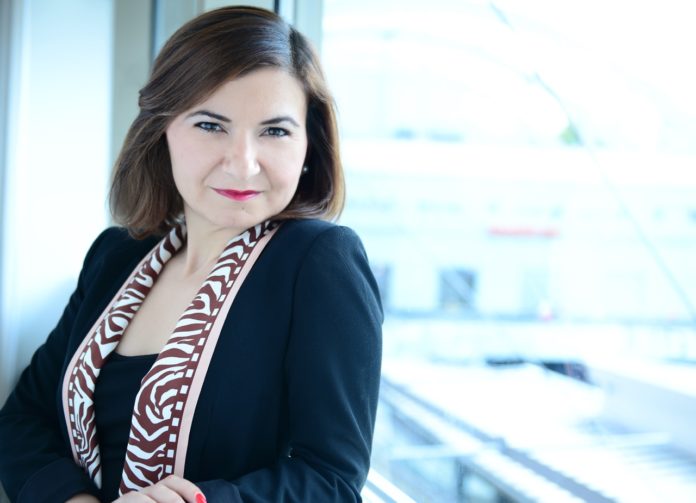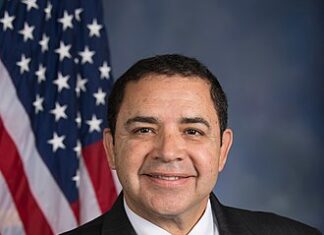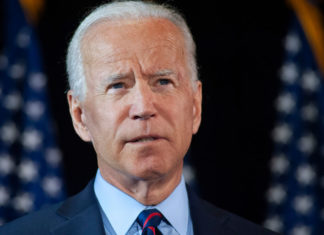BELMONT, Mass. — Dr. Bilgin Ayata, assistant professor in political sociology, University of Basel, will give a lecture titled “Quo Vadis Turkey? The Constitutional Referendum and Political Transformation in Turkey,” on Thursday, April 6, at 7:30 p.m., at the National Association for Armenian Studies and Research (NAASR) Center, 395 Concord Ave. The lecture is presented as part of the NAASR/Calouste Gulbenkian Foundation Series on Contemporary Armenian Issues.
On April 16, Turkish citizens will vote at home and abroad on the constitutional referendum that entails fundamental changes for Turkey’s political system. In this talk, Ayata will analyze what is at stake for state and society on the eve of this referendum and explore future scenarios for the aftermath of the referendum both for domestic and foreign relations, with a focus on Turkish prospects for peace and reconciliation with Armenians and Kurds.
Since summer 2015, the deterioration of democracy has accelerated at full speed in Turkey. Curfews were first declared in the wake of military operations against Kurds, during which thousands of Kurdish civilians were displaced and their homes destroyed. Since last year, a nationwide state of emergency has been declared after a coup attempt in July 2016. The Turkish government has intensified the suppression of media, opposition, and civil society, while it has sacked over 100,000 state employees. Opposition leaders and members of parliament are in prison, along with journalists, elected mayors, and intellectuals. Tensions have increased with the European Union, whose Parliament has called to suspend accession talks until democratic rights are restored.
Ayata obtained her PhD in Political Science at Johns Hopkins University (Baltimore, USA), and her MA degree from York University (Toronto, Canada). Her research interests center on transformation processes spurred by forced migration, conflict, protest movements, contestations of memory, and postcolonial interventions. Her regional expertise includes the Middle East and Europe, in particular Turkey, the Kurdish regions, and postcolonial Germany. She has published on transnational activism of diasporas, the politics of displacement, foreign policy, genocide denial, and memory regimes. She has received research grants and fellowships by the MacArthur Foundation, the German Academic Exchange Service, Friedrich-Ebert Stiftung, FU Berlin, Johns Hopkins University, and York University. She appears frequently in international media on topics relating to Turkey-EU relations, Turkish foreign Policy, Kurdish politics, refugees, and migration policies in Germany.









